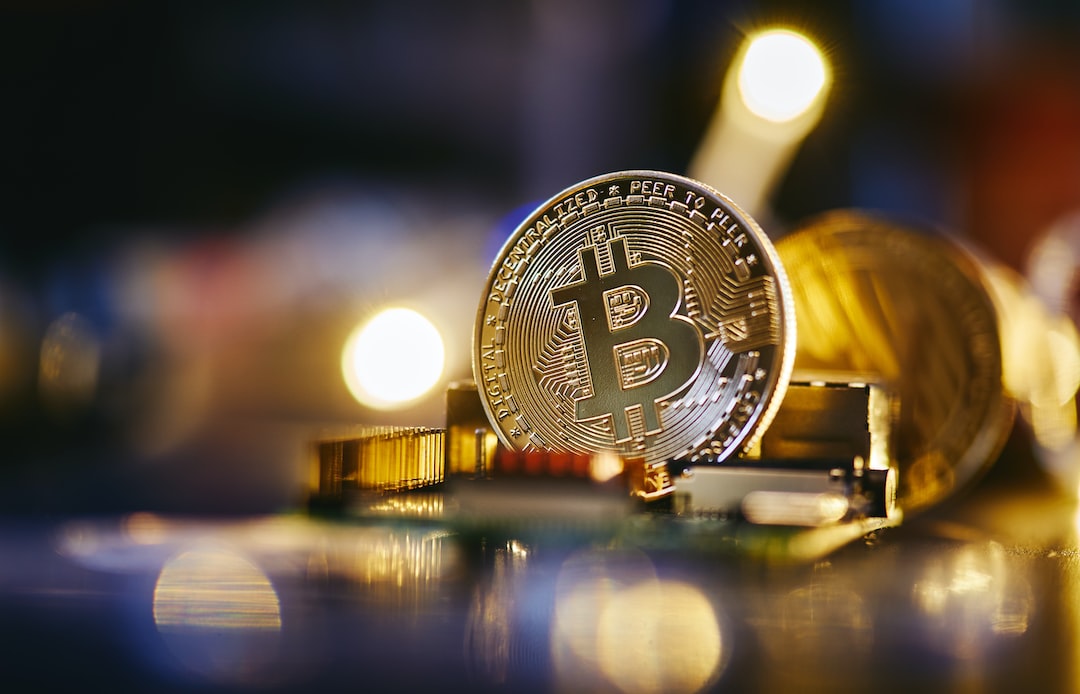Nigeria Expands Official Currency Market to Include Bureaux de Change and Fintech Companies
The Nigerian government is planning to include bureaux de change and financial technology companies as “legitimate” participants in the official currency market, according to Taiwo Oyedele, a member of President Bola Tinubu’s committee on fiscal policy and tax reforms. Oyedele also revealed that the government is considering making it illegal to trade on the foreign currency parallel market. This announcement came on the same day when the Nigerian currency hit a low against the US dollar on the parallel market, prompting concerns about the naira’s depreciation.
Naira Continues to Slide Despite Central Bank’s Efforts
The naira has been losing ground against major currencies, including the dollar, despite efforts by the Central Bank of Nigeria (CBN) to stabilize its value. The recent removal of import restrictions on 43 items was expected to slow down the depreciation of the naira on the parallel market, but it seems that these measures have not been effective. Some experts believe that a lack of sufficient liquidity in the market is one of the main reasons for the continued decline in the naira’s value.
Anticipated Inflows of $10 Billion
The Nigerian Finance Minister Wale Edun has announced that the country is expecting foreign currency inflows of $10 billion in the coming weeks. However, no further details were provided about these anticipated inflows. Despite this positive news, it remains to be seen whether these inflows will be enough to stabilize the naira and address the current liquidity challenges in Nigeria’s currency market.
Hot Take: Nigerian Government Takes Steps to Address Currency Challenges
The Nigerian government’s decision to include bureaux de change and financial technology companies in the official currency market shows its commitment to address the challenges facing the country’s currency. By broadening the market and considering outlawing the parallel market, the government aims to create a more regulated and transparent environment for forex trading. However, it remains to be seen whether these measures will be enough to stabilize the naira and restore confidence in Nigeria’s economy.





 By
By
 By
By

 By
By

 By
By